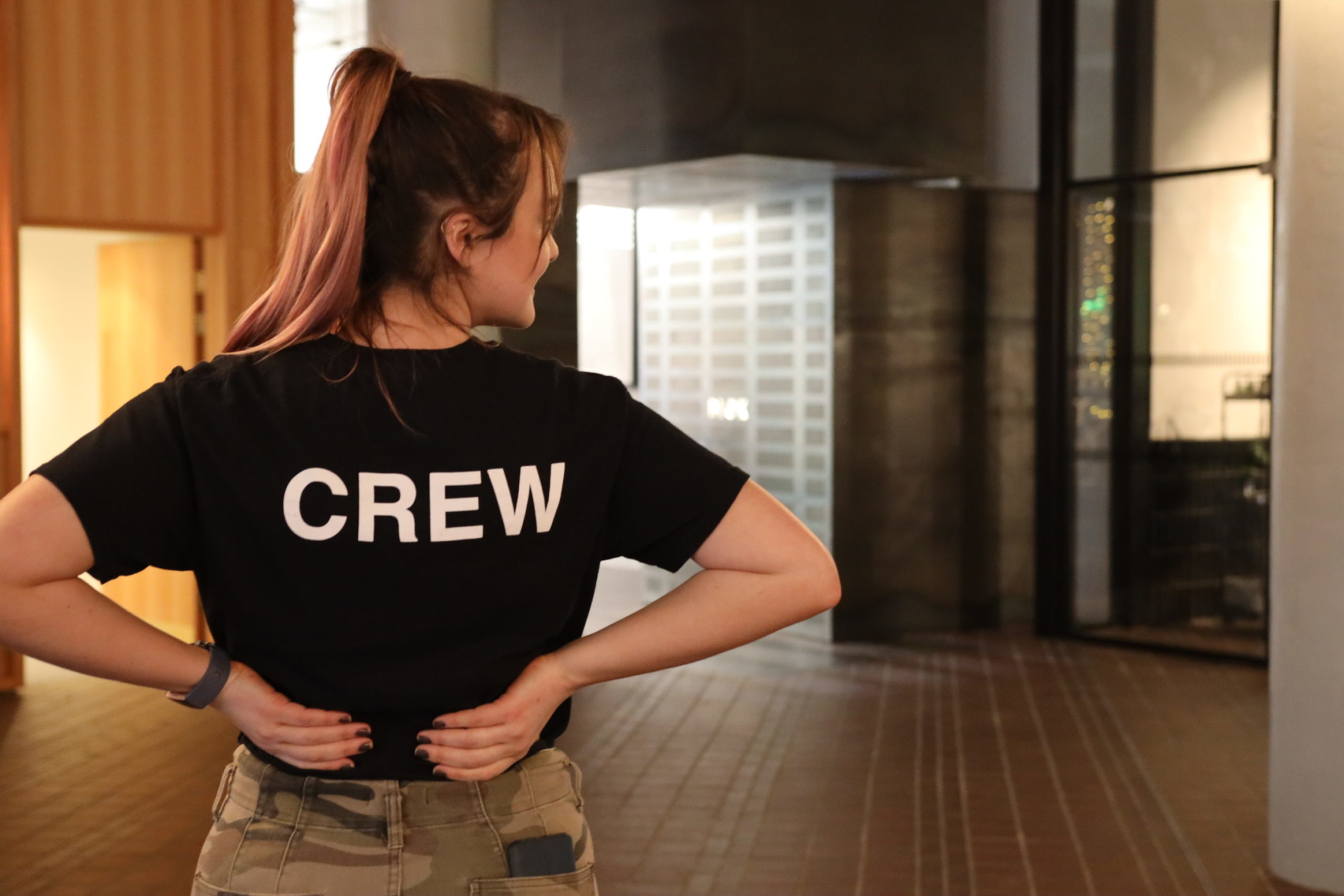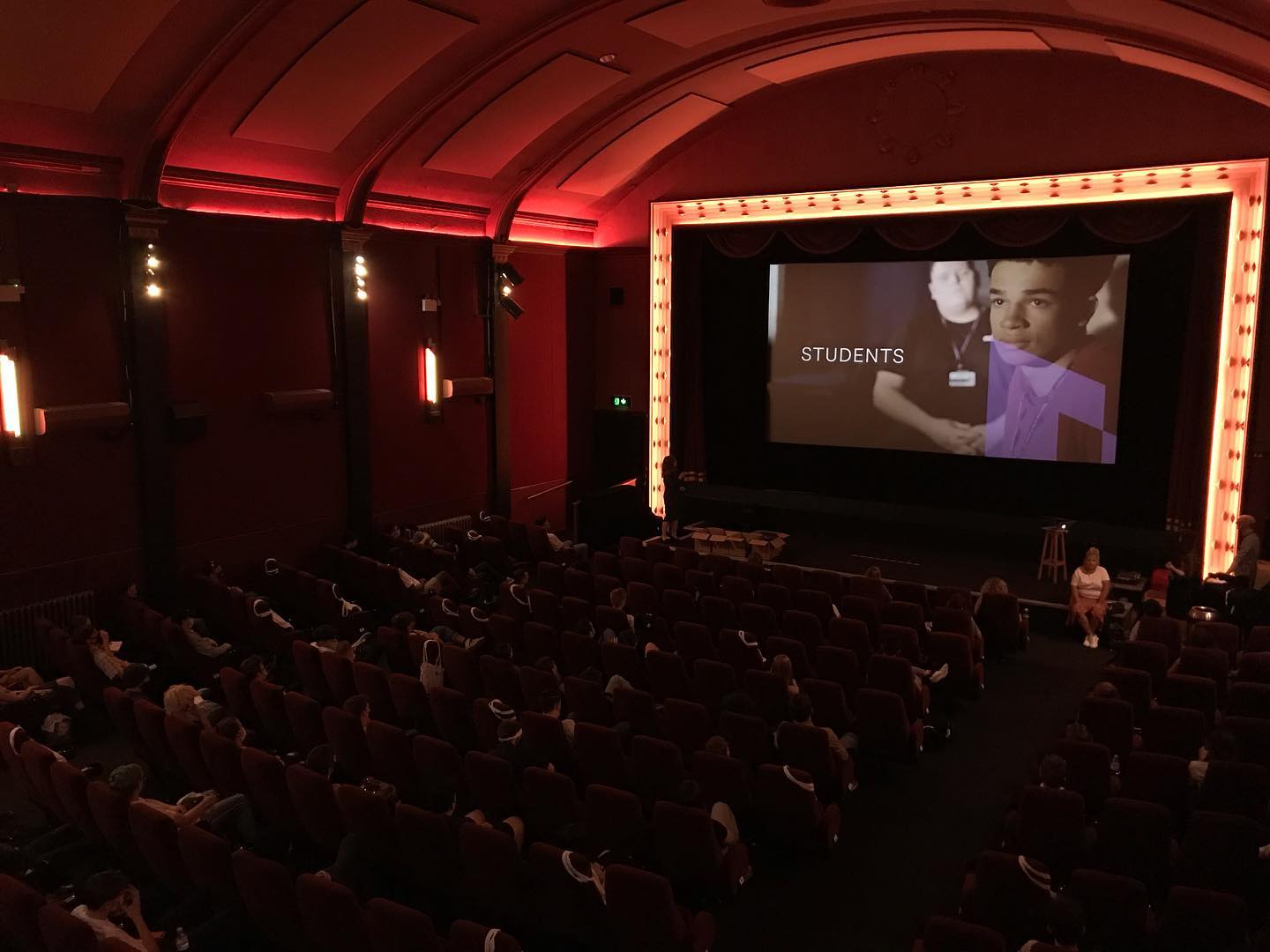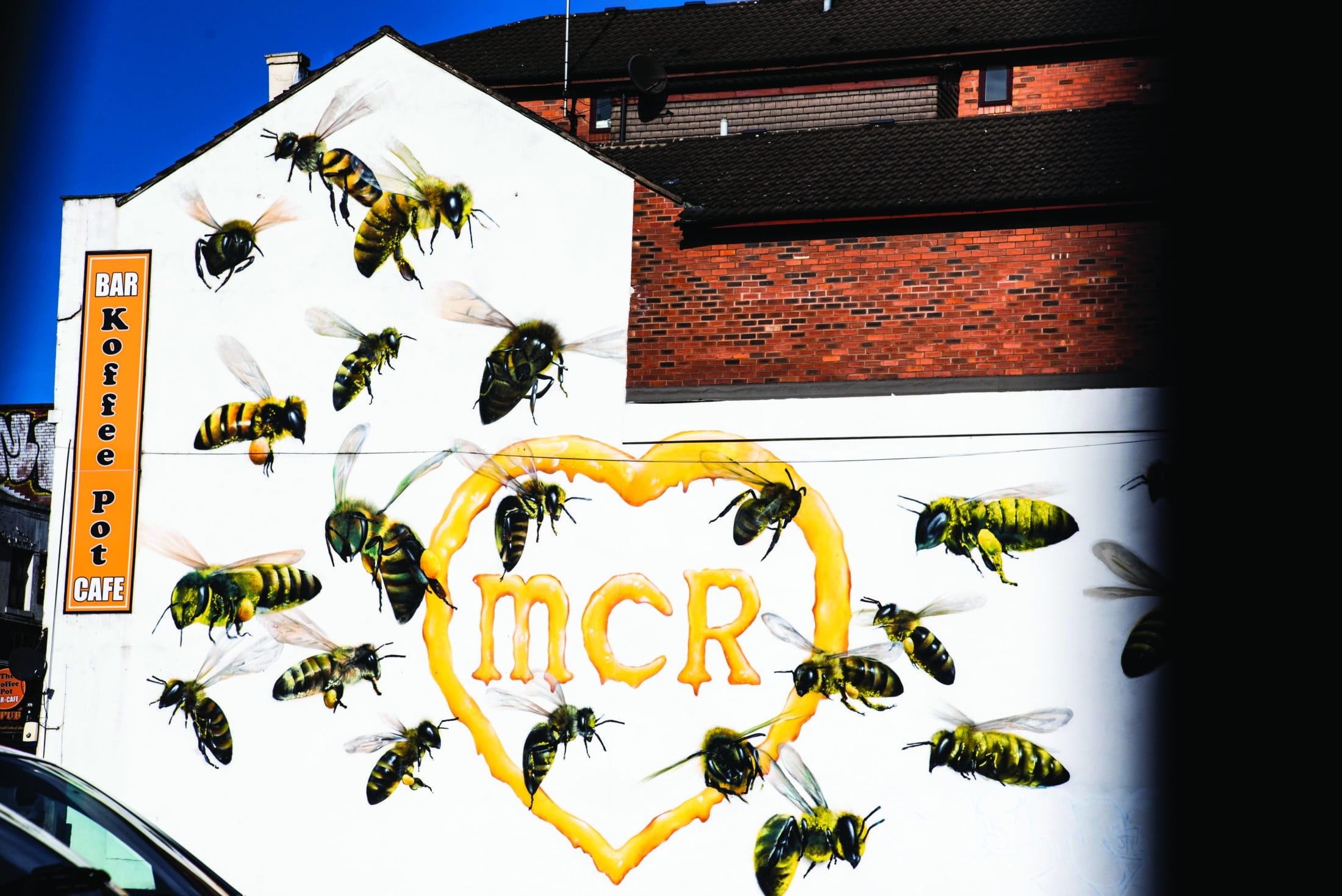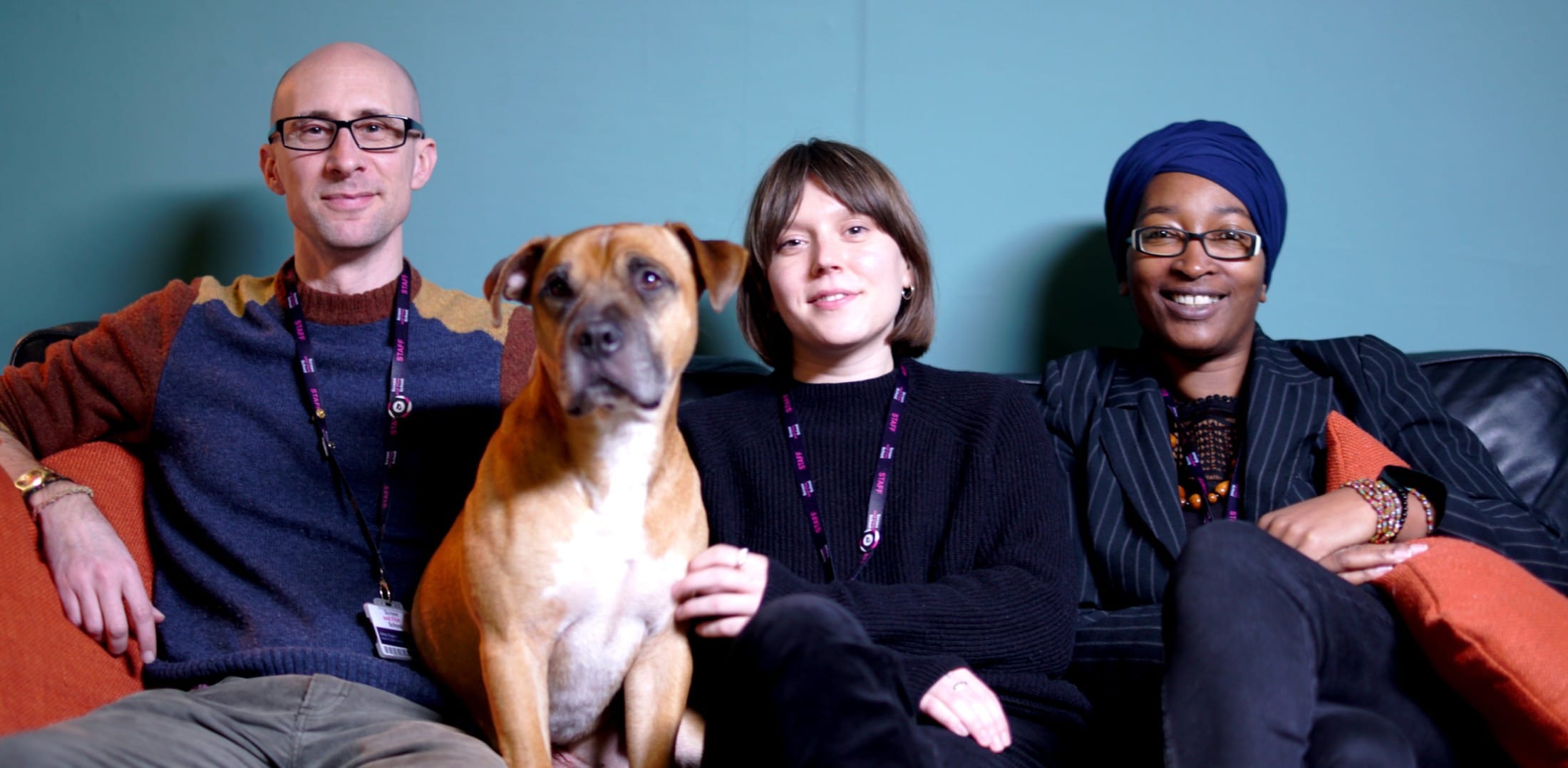Here at Screen and Film School, we understand the importance of celebrating equality both in the workplace and everyday life. We can think of no better time than International Women’s Day 2022 to highlight one of our new student societies: Women in Film.
We recently caught up with Screen and Film School Brighton students, and joint leads of the society, Emily Batey and Lucy Heffernan to discuss the creation of Women in Film, the importance of representation in the screen and film industry, and what they have planned in the upcoming months.
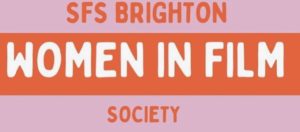
What made you want to start the Women in Film student society?
Lucy: In a course that is so male dominated it can feel a little overwhelming and isolating to be one of the few girls on a set. We want to create a safe place to talk about these experiences and create new positive experiences. We have planned exciting guest speakers, social events, screenings and official meetings to develop an environment where the non-men of Screen and Film School Brighton can feel safe, happy and valued.
The society recently had their first official meeting. Can you tell us a little about how it went and what subjects were discussed?
Emily: The first meeting was extremely exciting for myself and Lucy as it felt like all our planning and preparation had finally paid off. The meeting gave everyone who attended a safe space to talk about their experiences in the industry. We discussed everything from our favourite female directors to events that we could hold to shared experiences of our lives at film school. Among all of this we still all found that we shared one thing in common, we’ve all experienced cases of sexism, and this just consolidated the need for the society.
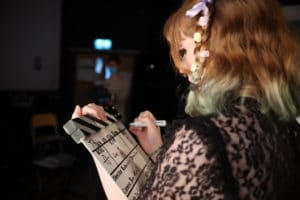
Who are your film industry heroes, and why?
Lucy: Some of my film industry heroes include Céline Sciamma and Cheryl Duvall. They are both prolific lesbian filmmakers whose films deal with issues of how gender intersects with sexuality and how that is then expressed in society. Another LGBTQ+ filmmaker i am really interested in is Derek Jarman and how his films tackle both queer love and queer tragedy. Nancy Steiner is an American costume designer who I am also inspired by through the level of thought and detail she puts into her costumes.
Emily: I have many film industry heroes, too many to list however I feel like the ones that inspire me the most are: Julia Ducournau, Andrea Arnold and Lynne Ramsay. As a lover of horror films, Julia is an incredible female horror director who makes modern body horror films focusing on subject matters such as the female identity, gender, sexuality and trauma. Andrea Arnold’s films are raw, gritty and sometimes uncomfortable but she truly encapsulates what it means to be a woman in ways which others can’t. Lastly, Lynne Ramsay’s art house films have inspired me to push boundaries when writing and directing, the way she handles her sensitive subject matter is so beautiful and unusual and I think she’s a filmmaker that everyone can learn something from.
What changes would you like to see for level of representation of women in the film industry, both in front of the camera and behind the scenes?
Lucy: Intersectionality is a core value of Women in Film and this is something we believe should be expressed into the workplace. Whilst on screen representation is incredibly important, it is more likely that most of us will have behind the scenes jobs and at the moment the rate of employment of women of colour, trans women, disabled women etc is not what it could be. Personally, I would love to see more female figures within cinematography and more technical aspects of filmmaking.
Emily: Women in Film celebrates all areas of film, from production design to runners- we feel as if everyone on the set should be celebrated for their positions on set. I feel as if women on set don’t get enough credit sometimes, it’s incredibly important that people are valued for their work as it goes without saying; if you’re a creative in the industry then you are talented and you deserve to be known for that talent. Most importantly, women from all walks of life should have the opportunity to work in the industry and be equally as celebrated as their male counterparts in the industry.
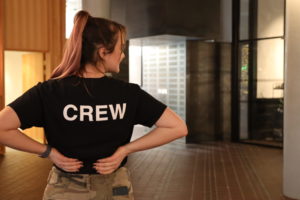
What plans does the Women in Film Society have for the future?
Emily: After the success of our first event, Women in Film have many exciting plans for the future. As well as regular meetings, we are planning on doing a Women in Film led all female production, working together to create a short film that celebrates all of the women at Screen and Film School. Furthermore, we are planning screenings to celebrate women’s achievements in the Oscars by screening the female Oscar nominations both past and present, as well as planning many more fun socials such as more quizzes and guest speakers!
What does this years’ International Women’s Day theme: #BreakTheBias mean to you?
Lucy: To me #BreakTheBias is both a celebration of how far representation for women around the world has advanced and how we can always still push for more. Personally, I want to see more openly LGBTQ+ non-men filmmakers making projects with topics personal to them and I think that celebrations such as International Women’s Day can help continue this progress.
Emily: Personally, #BreakTheBias extremely important to me as a woman in film we experience an unconscious bias that many others don’t see or experience. I think it’s important to acknowledge and appreciate the struggle that women have in the industry and the very clear bias that is still in place. However, although we can acknowledge this bias, it’s also important to figure out how to break it and dismantle these age old ideals that we follow in the film industry.
How can students get involved?
Lucy: Students can get involved by following our Women in Film instagram to receive updates on what events we are planning. We also have a google form for people to suggest any guest speakers they want to invite, films they would like to screen, ideas they would like to share or projects they would like to promote.
A huge thank you to Emily and Lucy for taking the time to chat to us. To all the incredible creatives at Screen and Film School who continue to inspire us by breaking down barriers and making their mark in the industry, we applaud you and will continue to celebrate your achievements every day of the year.
Are you interested in being a part of the new legacy at Screen and Film School?
Find out more information on our courses by clicking below:
